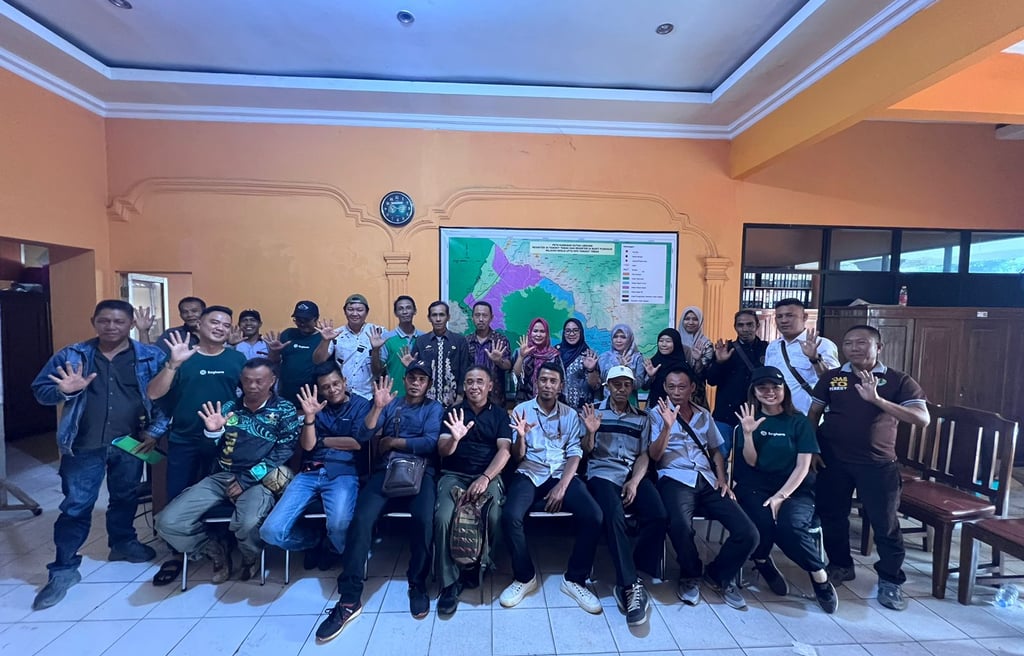Integration Agroforestry with Nutmeg for Empowering Local Farmers in Lampung Province
How integrating agroforestry with nutmeg cultivation can transform local farming communities, promoting sustainable agriculture, enhancing biodiversity livelihoods, and restoring the environment.
5/8/20241 min read


Agroforestry with nutmeg is a promising approach to create sustainable livelihoods for local farmers while supporting environmental restoration. Nutmeg cultivation, integrated into sustainable agriculture practices, not only enhances the economic stability of farming communities but also provides significant environmental and social benefits. Here’s how nutmeg agroforestry is making an impact and addressing pressing challenges in local farming.
Farmers in many regions struggle with soil degradation and deforestation caused by monocropping, which reduces soil fertility and harms the local ecosystem. Additionally, after harvesting, farmers often face difficulties in differentiating their products or creating value-added derivatives that could boost their selling prices. These challenges restrict income potential and degrade natural resources over time.
Financial Growth Impact
Nutmeg agroforestry offers a diversified income stream that is projected to increase farmers' income by 30% within three years. This economic boost will benefit over 200 members of the Alam Pala Lestari Gapoktan (a local farmer association) while also conserving over 400 hectares of social forest. By creating a sustainable agricultural model, nutmeg plantations provide long-term financial growth for farmers and open new market opportunities. Access to these markets will unlock potential revenue sources, empowering local farmers to thrive.
Environmental Impact
Nutmeg agroforestry plays a crucial role in restoring degraded lands and combating deforestation. The cultivation of nutmeg trees improves soil fertility, supports biodiversity, and helps sequester carbon, thereby reducing the community’s carbon footprint. Reforestation through nutmeg agroforestry promotes a healthier ecosystem by enhancing plant diversity and encouraging native wildlife to return. This sustainable model also mitigates the effects of climate change, providing a lasting environmental benefit.
Social Impact
Beyond the financial and environmental benefits, nutmeg agroforestry fosters social resilience. Farmers receive training in sustainable agriculture, which builds their capacity to adopt eco-friendly practices. This empowerment through education and skills development ensures that farming communities can adapt to changing environmental and market conditions, enhancing community resilience. Through community development initiatives, farmers gain the tools needed to adapt and grow sustainably, ensuring a better future for generations to come.


